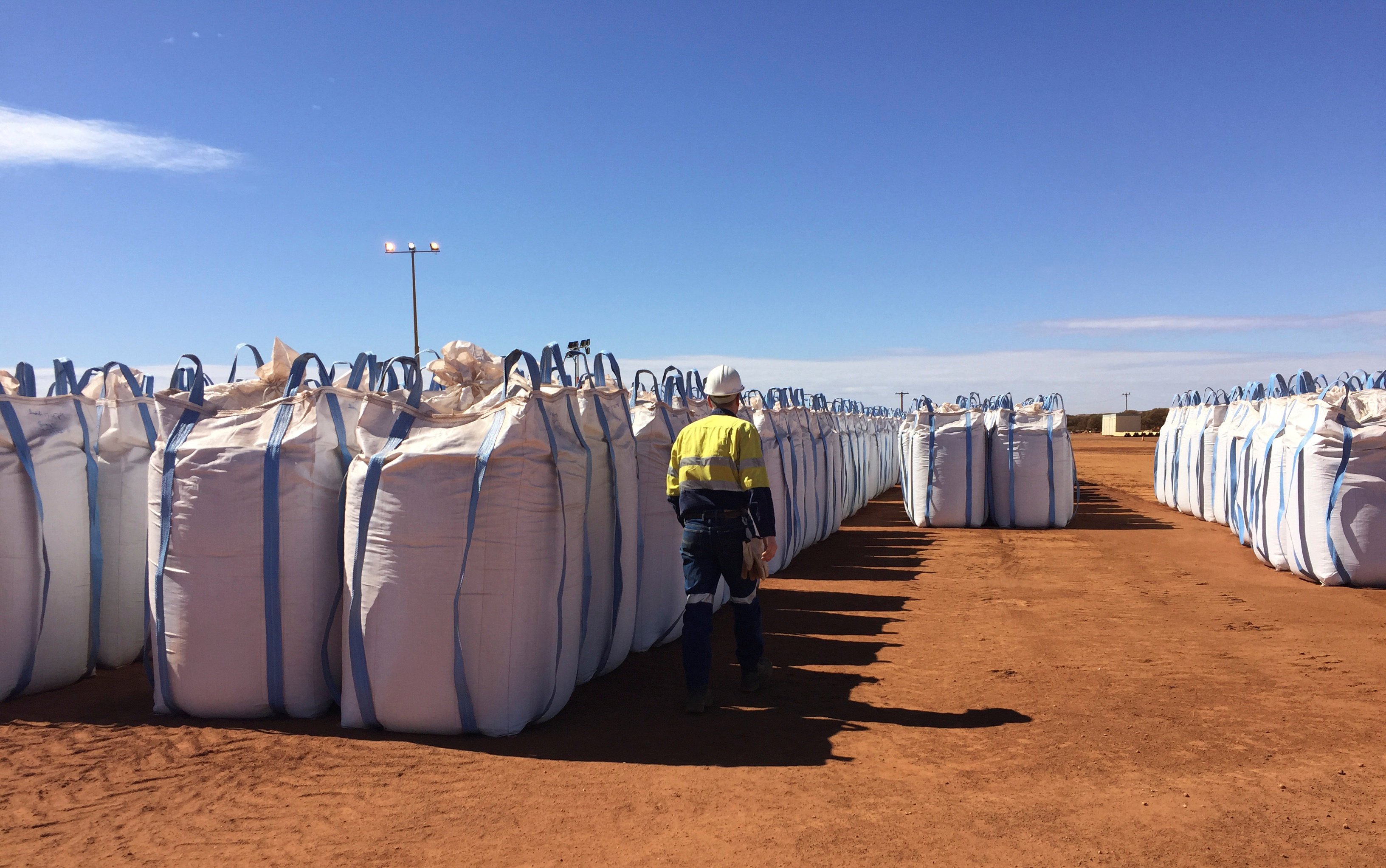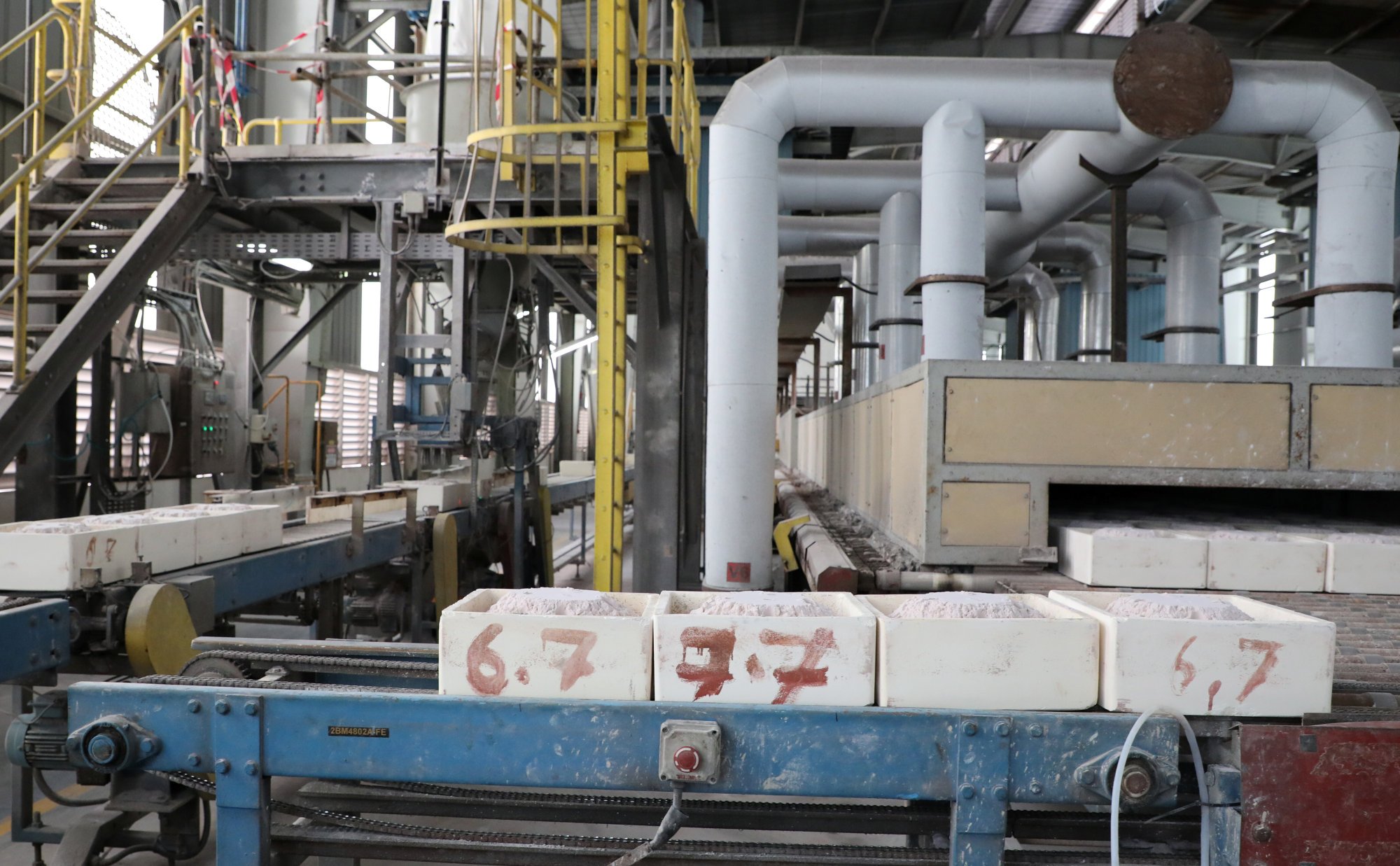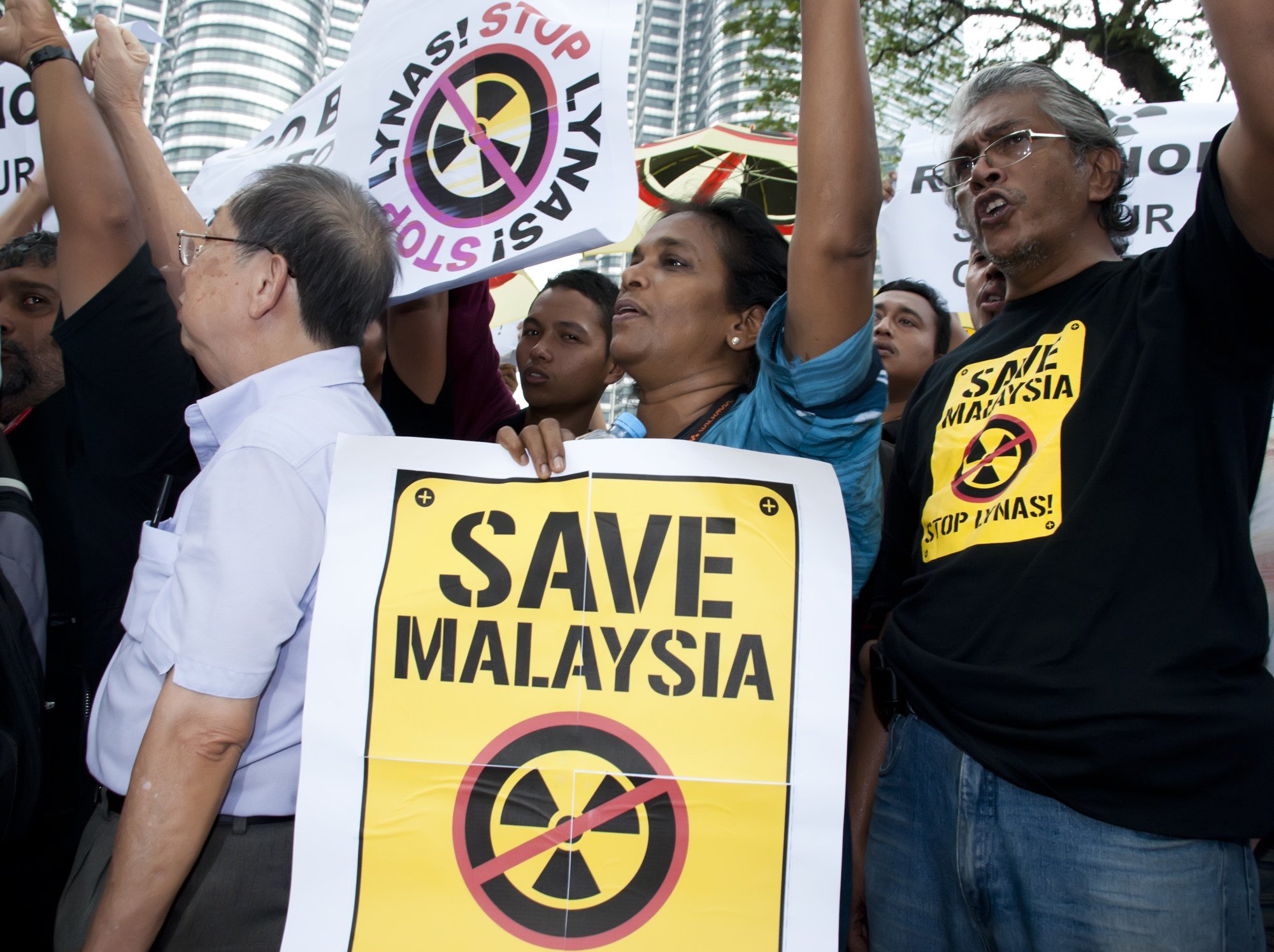Malaysia’s Kelantan eyes rare earth riches. Can it dig its way out of debt?
A new deal with Australian mining giant Lynas could unlock billions for the impoverished state, but only with federal government backing

Kelantan’s rare earth reserves offer a potential lifeline for the impoverished Malaysian state, promising a path to slashing debt and driving much-needed economic development. But experts warn it will need to secure more federal funding to build the infrastructure needed to unlock billions of dollars in projected revenue.
The Kelantan state government signed a preliminary deal with Australian mining giant Lynas last week to explore the state’s capacity to supply rare earths to the company’s processing facility in Pahang – the largest rare earths plant outside China.
Lynas’ advanced materials plant in Pahang state currently refines minerals sourced exclusively from its Mount Weld, Western Australia. These include neodymium-praseodymium oxide, as well as heavy rare earths such as dysprosium and terbium – all critical components for high-performance magnets used in electric vehicles, wind turbines and advanced semiconductors.
The new arrangement – described by Lynas as a “significant step” in developing Malaysia’s rare earths industry – could position Kelantan as a major regional supplier. The state government estimates its reserves are worth 125 billion ringgit (US$29.3 billion).

But Kelantan will first need to convince the federal government – led by a rival political coalition under Prime Minister Anwar Ibrahim – to overlook its mountain of outstanding debt and hand out even more financial support or loans to modernise its public infrastructure, critical for large-scale mining and material transport.
“The federal government’s role is crucial for Lynas to finalise the deal [with Kelantan],” said Asrul Hadi Abdullah Sani, a partner at strategic advisory firm ADA Southeast Asia.
The rare earths sector remains highly lucrative, even amid a price slump over the past year triggered by excess production in China, the world’s dominant producer. The allure of high returns has also fuelled illegal mining across Malaysia.
In December, authorities arrested 55 people in separate raids across Kelantan and Selangor states on suspicion of illegally mining rare earth elements such as neodymium, which opened this week on the international market at US$94 per kg (2.2lbs).
Kelantan’s financial woes are well documented. As of 2023, the state owed nearly 270 million ringgit to the federal government, according to the 2024 report by Malaysia’s auditor-general. It repaid only 10.5 million ringgit that year.
Meanwhile, the state’s consolidated fund – the main repository of government revenue – fell more than 40 per cent to 325.5 million ringgit in 2023, down from 570.9 million ringgit the previous year.
Officials from Kelantan’s chief minister’s office did not immediately respond to a request for comment. Lynas, in its statement on Friday, offered no timeline or further details on the deal.
But the agreement does feed into a wider plan to narrow the wealth and development gap between the Malaysian peninsula’s agrarian north and industrialised south.
Last year, the opposition-held northern states of Kedah, Kelantan, Perlis and Terengganu launched a company, SG4 Group, to exploit their rare earth reserves and offset what they allege are billions of ringgit in withheld federal allocations aimed at stifling their growth.
Still, Kelantan must foster “closer federal-state coordination” if it hopes to move beyond extraction into higher-value activities such as processing and manufacturing – sectors under federal jurisdiction – said Hafidzi Razali, founder and chief executive of policy advisory firm Strategic Counsel.

Environmental concerns also loom large. Activists are urging both state and federal governments to enforce rigorous safeguards to prevent a repeat of the long-standing controversy over Lynas’ Pahang facility, which began operations in 2014 less than miles) from the nearest residential area.
The company is currently facing a civil suit filed by the local group Save Malaysia Stop Lynas (SMSL), which is challenging the approval for a permanent disposal facility for radioactive waste generated at the plant.
SMSL Chairman Tan Bun Teet accused Malaysian authorities of inconsistent or lax regulation, citing the Anwar administration’s reversal on a previous pledge to shut down the Lynas facility.
“The government has been assuring people that there are enough regulatory practices to control pollution on the extraction of rare earths … but from the experience we have had with Lynas, it does not give us much confidence,” he said.